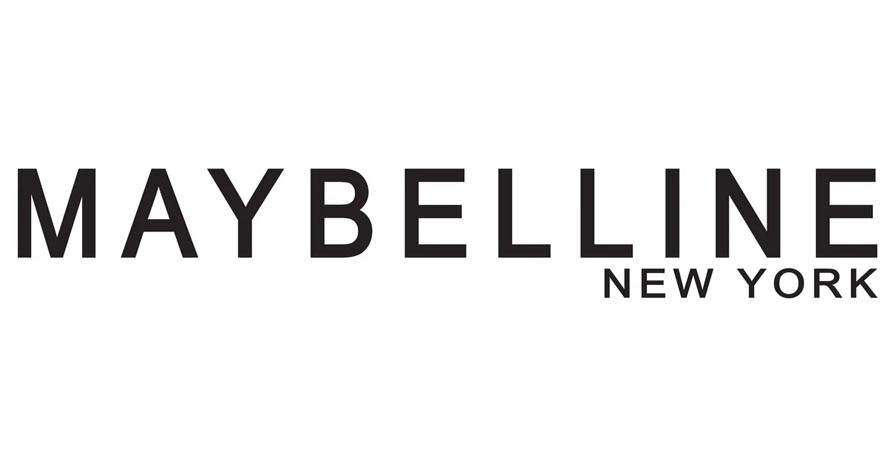As the cost of college tuition continues to rise, families are increasingly turning to 529 plans as a smart way to save for education expenses. These tax-advantaged accounts provide a practical and efficient means to invest in a child’s future while minimizing the impact of taxes on growth and withdrawals.
According to Beth Moody, Senior Financial Advisor at The Welch Group, “A 529 plan is a tax advantage account for you to save money for education costs. You can put money in, and the money grows tax-deferred. When you take the money out for qualified education expenses such as tuition, room, and board, the money comes out tax-free.”
Moody emphasizes the importance of opening a 529 account as soon as possible after a child is born. “College is becoming increasingly expensive, and the earlier you start saving, the more you can maximize savings,” she advises. “Even if you can’t contribute a large amount initially, starting with a small amount, such as $25 or $50 a month, helps develop the habit of saving. It’s better to start early than to not start at all.”
One of the key attractions of 529 plans is their tax benefits. “It’s crucial to take advantage of the tax deferral,” Moody stresses. “By deferring taxes, more of your dollars can grow for educational needs. If you pay taxes upfront, you’ll have less money available for growth over time. However, by investing in a 529 plan, all earnings, interest, and dividends compound tax-free as long as the money is used for qualified education expenses.”
Investment options within 529 plans can be customized to suit individual risk tolerances. “You have the freedom to choose your own investments,” explains Moody. “Whether you prefer a conservative approach or are comfortable with higher risk, there are options available to tailor your investment mix or choose target-date funds.”
Residents of Alabama enjoy additional benefits from the state’s 529 plan. “If you contribute to an Alabama 529 plan, you can receive a state tax deduction of up to $5,000 for single filers and $10,000 for married couples filing jointly,” Moody highlights. Alabama’s plan, accessible through www.collegecounts529.com, offers both direct enrollment and advisor-assisted options.
The flexibility of 529 plans extends to their use and transferability. Qualified expenses encompass a wide range, including tuition, fees, books, supplies, and even room and board. Funds can also be used for K-12 private schooling and to pay off student loans, up to a lifetime limit of $10,000. Additionally, unused funds can be transferred to another family member or used by the account owner for their own qualified expenses.
Overall, 529 plans provide families with a versatile and tax-efficient strategy for saving for education expenses, offering peace of mind and financial security for the future. As college costs continue to rise, investing in a 529 plan early can make a significant difference in covering the expenses of higher education.


















































































